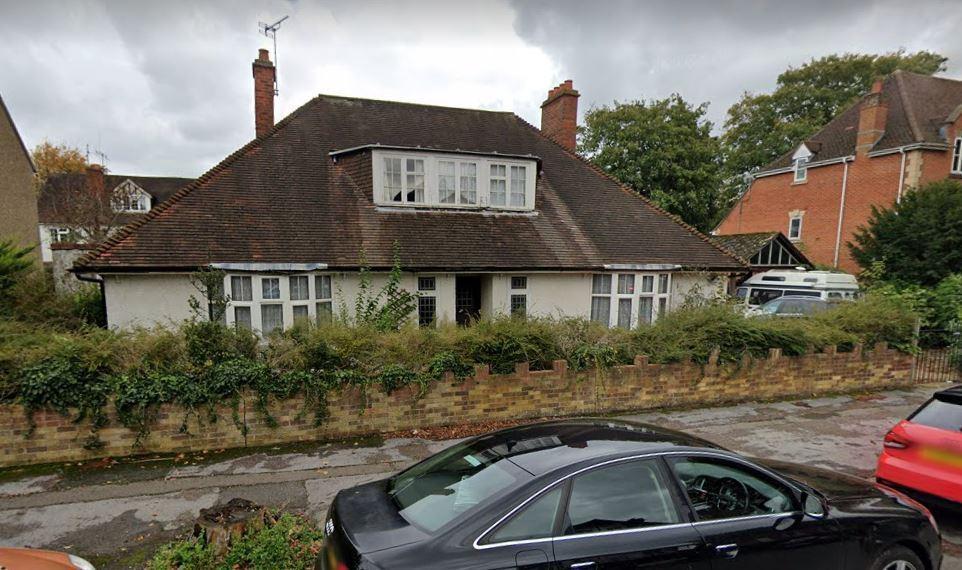From artisanal crepes to rebellious cheesecake waffles, Reading's breakfast rebels are transforming morning meals. These seven spots will revolutionize how you start your day.
In a significant development impacting the Coley area residents, a proposal to demolish an existing bungalow and replace it with three new homes has been halted abruptly.
Background and Proposal Details
The plan, which was set to transform the residential landscape in one of Reading’s quieter neighborhoods, had been in the pipeline for several months. Local developers proposed the demolition of a singular bungalow, with the intent of constructing three modern homes on the same plot of land. They argued that the project would bring much-needed housing to the area, making efficient use of available space without compromising on quality or livability.
Objections and Community Sentiment

However, the proposal quickly met with resistance from local residents and community groups. Concerns were raised about the potential increase in traffic, strain on local infrastructure, and the loss of the area’s characteristic charm. Many residents felt that the new homes would not fit the architectural style of the neighborhood, potentially altering its unique aesthetic and communal atmosphere.
During a series of public consultations, a significant number of objections were lodged against the proposal. Residents voiced fears that the development would lead to overcrowding and reduce green space, thus impacting the local environment and quality of life. A petition against the development garnered substantial support, illustrating the strong community opposition.
Planning Committee Decision
After thoroughly reviewing the objections and weighing them against the proposed benefits, Reading Borough Council’s planning committee made the decision to reject the application. The committee cited several reasons for their decision, including the potential negative impact on community cohesion and the inadequacy of existing local infrastructure to support additional housing units.
The decision to torpedo the plan reflects a broader trend in town planning, where the balance between development and community preservation remains a contentious issue. The committee underscored their commitment to ensuring that future developments align more closely with the needs and character of the local area.
Future Implications
For now, the original bungalow will remain standing, and the developers will have to revisit their plans. This decision may serve as a precedent for future development proposals in the area, signaling a need for greater sensitivity to community wishes and the existing urban fabric.
Local activists and residents have welcomed the decision, viewing it as a victory for community advocacy and a step towards more sustainable urban planning. As Reading continues to grow and evolve, striking the right balance between development and preservation will be essential in maintaining the town’s unique identity and livability.
Conclusion
While the torpedoing of the bungalow replacement plan marks the end of this particular proposal, it opens the door for more carefully considered developments that prioritise the well-being and desires of local residents. The ongoing dialogue between developers, city planners, and the community will undoubtedly shape the future landscape of Reading.